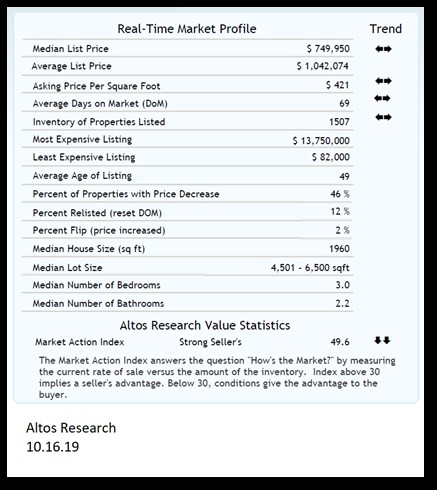

Residents of Seattle, Washington, pay 8% more in utilities than the national average. Of course, these rates vary seasonally, as you will use more power to heat your apartment during the colder months. For a 915-square-foot apartment, basic utilities such as electricity, gas, water, and garbage will cost around $228 per month. The average cost of living in Seattle includes all your utility bills too. A one-person meal at a low-cost restaurant costs about $20, and a three-course meal for two people at a mid-range restaurant costs about $80. However, with so many fantastic world-class restaurants, boutique bistros, coffee shops, and beer bars to visit, you’ll want to budget for those expenses. The following are the average prices you can expect to pay when trying to shop at a grocery store: Visiting one of the many open-air farmer’s markets can help you save money on quality, locally-grown produce, homemade bread, cheeses, meats, and seafood. A one-way ticket on Seattle’s public transportation costs about $2.25, but you can save money by purchasing a monthly pass for $99 per month.įood costs in Seattle may be up to 30% higher than the national average due to the abundance of fresh produce, locally caught seafood, and speciality food items. Sound Transit, formally known as the Central Puget Sound Regional Transit Authority, operates the LINK light rail system, the Sounder commuter rail system, and the Sound Transit Express bus service in the Seattle metropolitan area. The two major public transportation systems, King County Metro and Sound Transit can get you around Emerald City with ease.

You’ll need transportation whether you’re commuting to and from work or school, exploring the city, or taking day trips to beautiful places like Mount Rainier National Park. The cost of living in Seattle also includes your transportation costs. However, bear in mind that even though you can find cheaper housing in some of Seattle’s outlying areas, if you work in the city’s downtown, you’ll also need to budget for commuting expenses. The closer you are to the city centre, the higher the rent. Rental rates in Seattle vary by neighbourhood, with Belltown, South Lake Union, and Denny-Blaine having the highest and Lake City and Laurelhurst having the lowest. Housing costs are a major factor influencing the cost of living in Seattle. Total Cost of Living with On-Campus Accommodation Total Cost of Living with Off-Campus Accommodation We have compiled a list of factors influencing the cost of living to assist you in determining your expenditures in Seattle and whether or not this city fits within your budget. The average cost of living in Seattle for students ranges between $2,027 to $2,534 per month. Living costs in Seattle are on the expensive end, including student accommodation in Seattle, utilities, food, health care, transportation, and goods and services. This Pacific Northwest city has a cost of living index of 172.3, compared to 118.7 for Washington state and 100 for the national average. Seattle has a higher cost of living than many other cities in the United States on average. If you have prepared ahead as an international student, we have put together this comprehensive guide on the cost of living in Seattle per month and everything linked to it so that you may budget your expenses before arriving in the city. The most significant difference is in housing costs, which are approximately 109% higher than the state average.
The average cost of living in Seattle is 53% higher than the national average. Unfortunately, this means that living in Emerald City is becoming more expensive.

This expansion is due to the city’s vibrant culture and thriving tech scene. Since 2010, Seattle has been one of the fastest-growing cities in the United States, and it is expected to add nearly 200,000 more residents over the next 20 years.


 0 kommentar(er)
0 kommentar(er)
